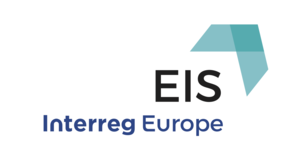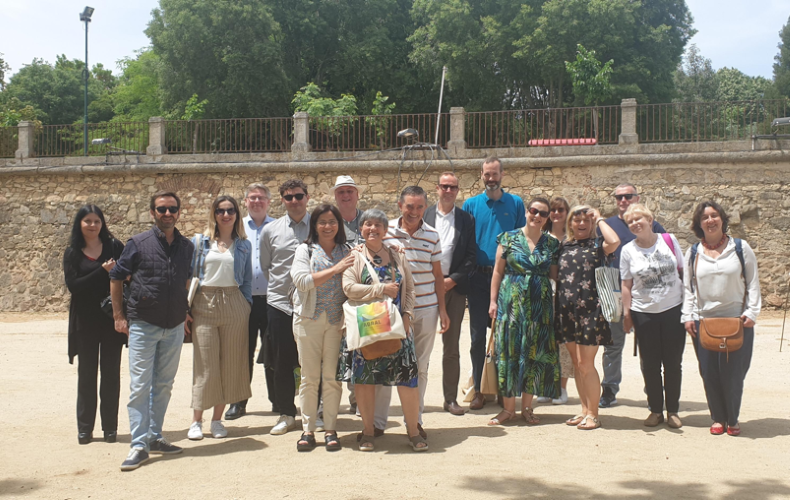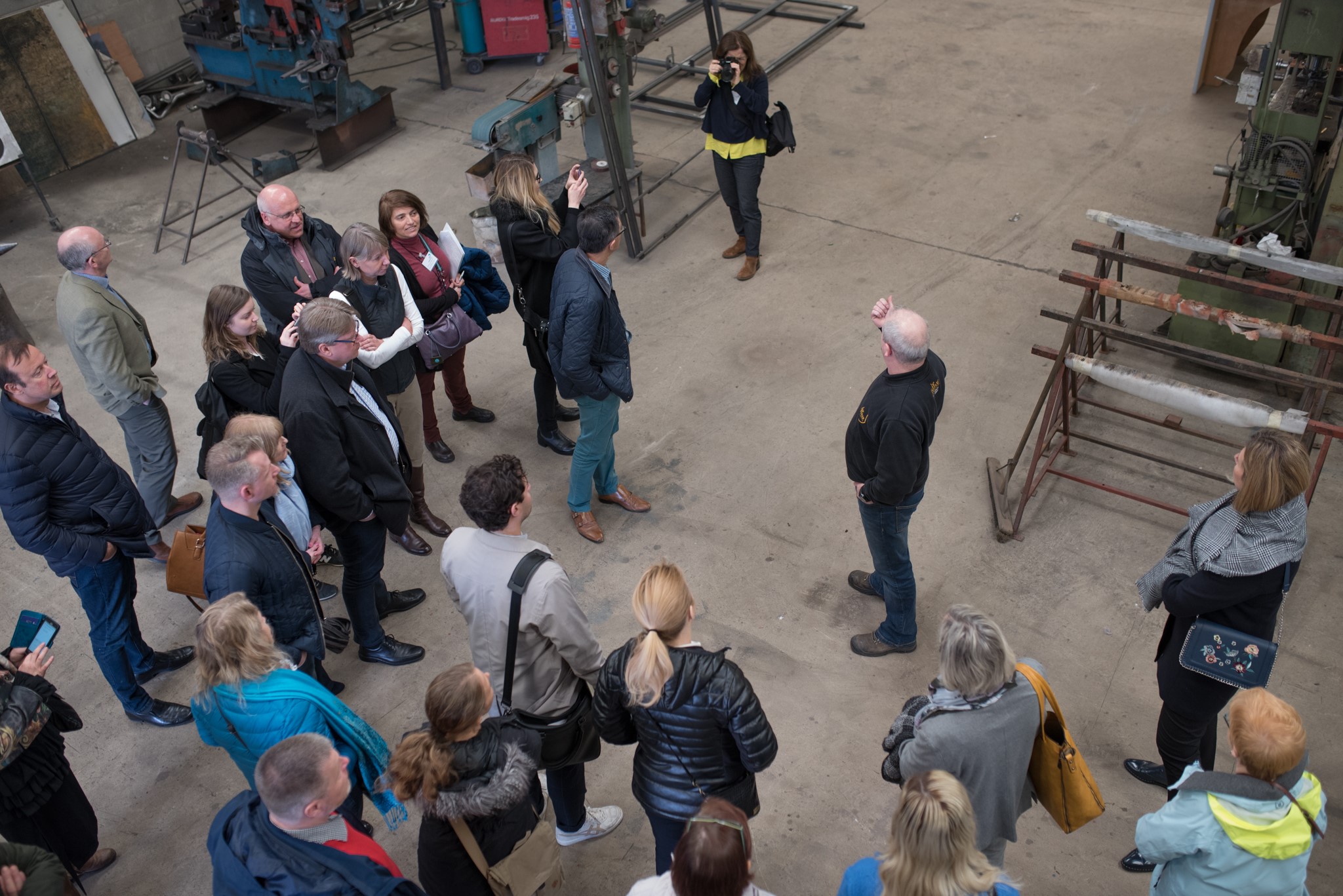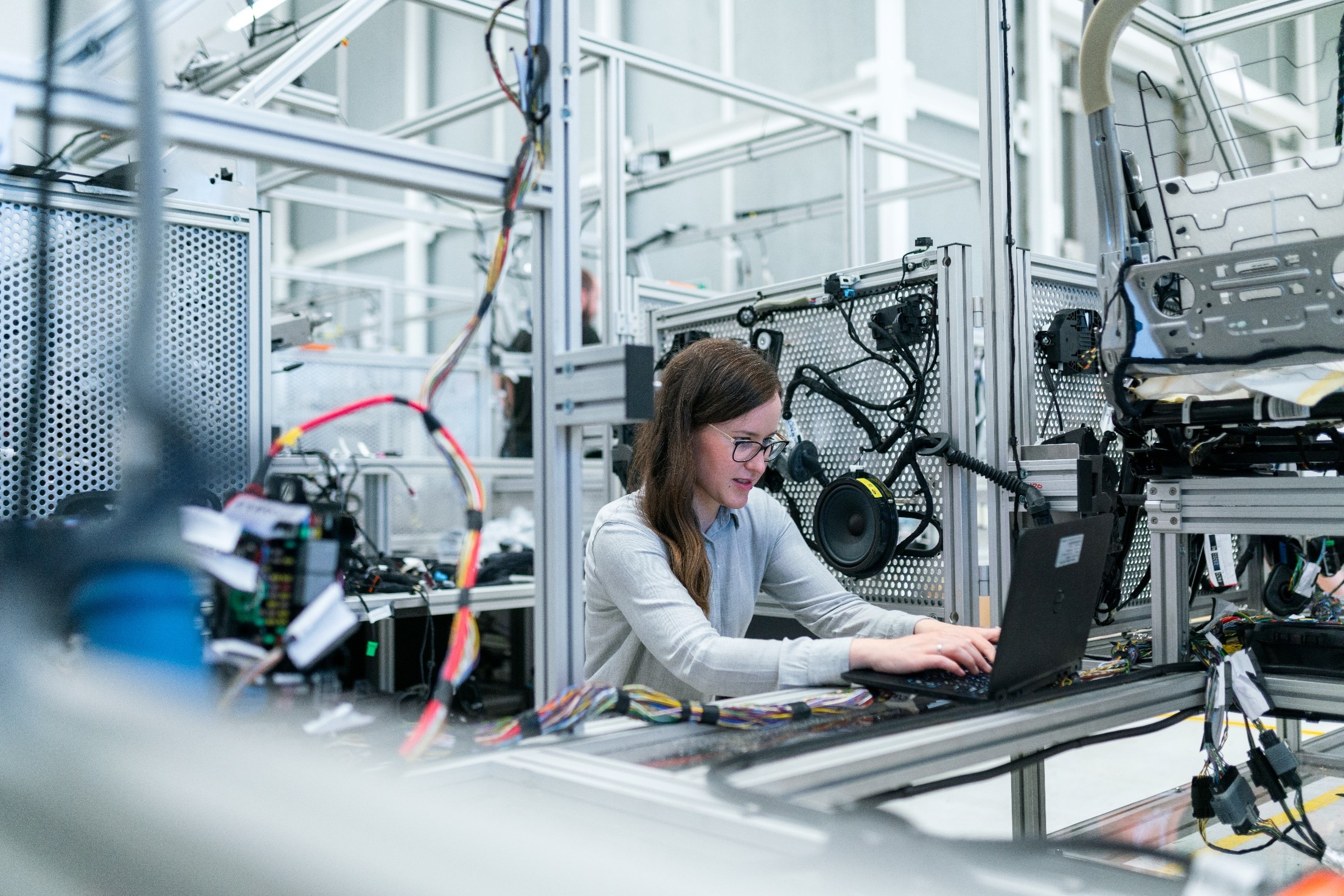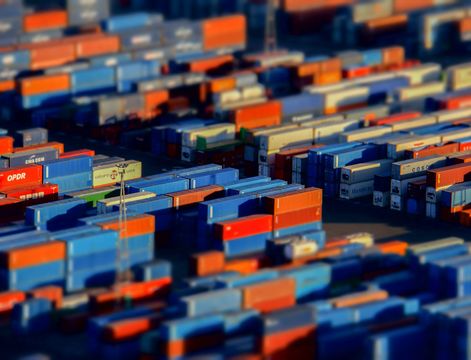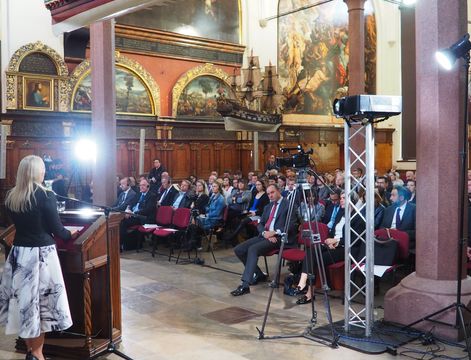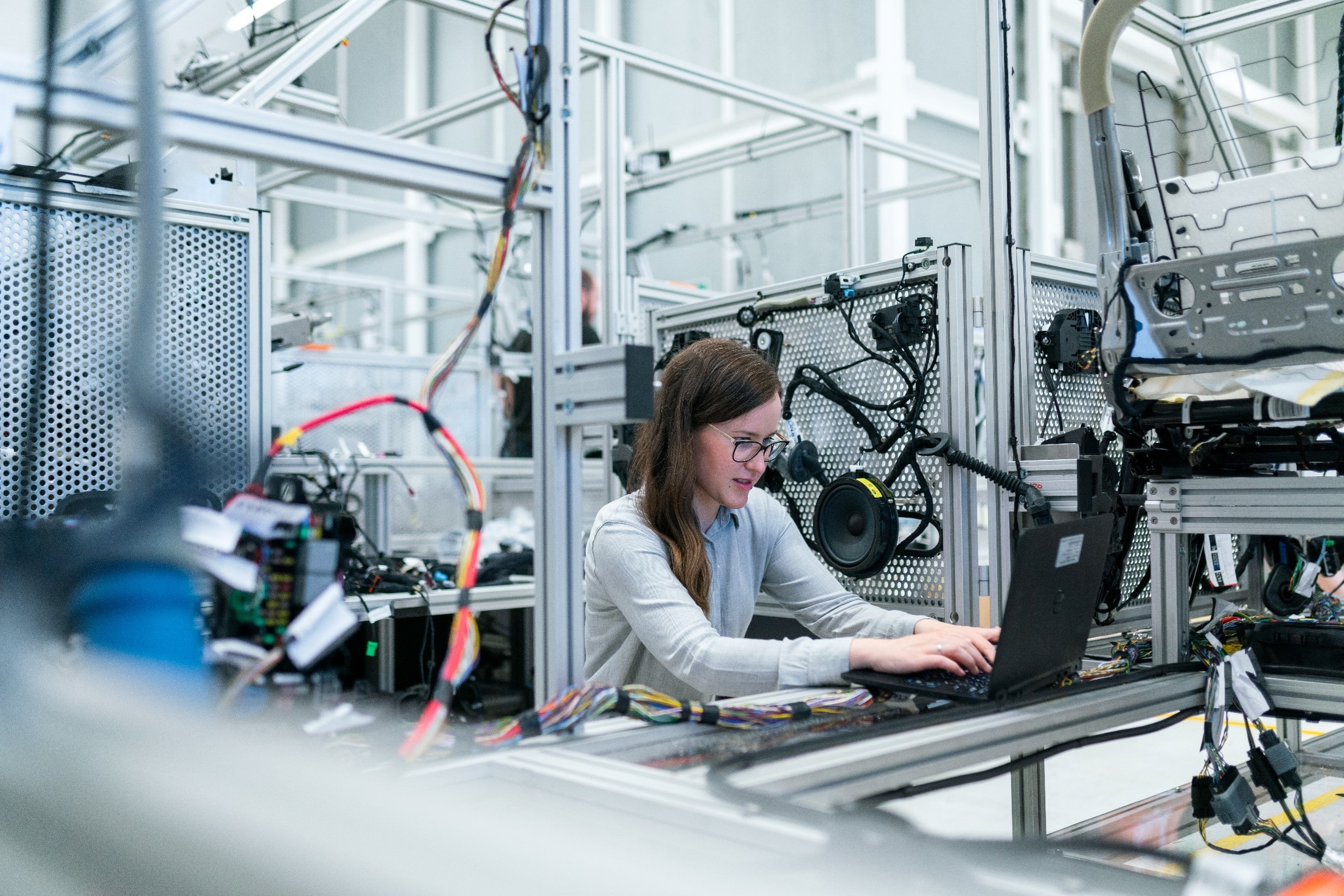The EIS partners met for the third and final time at the end of June in Aarhus, Denmark. A comprehensive programme focusing on resilience of the international business support eco-system was organized by the hosts, Central Denmark EU Office.
The first morning comprised presentations and discussions on resilience with international consulting firm COWI, Aarhus University’s Institute for Corporate Governance and the Early Warning for Europe Network. EIS regions also presented their case studies on resilience in the face of the pandemic. The late afternoon session on the first day allowed the opportunity for EIS partners to look to the future and start working up ideas for future Interreg and other EU funding programmes.
On day two, the delegation visited the municipality of Skive and was shown round the GreenLab circular energy hub, learnt about how mutually supportive business ideas are a prerequisite for admission onto the business park and how the Central Denmark EU office had helped with drawing down EU funds to further GreenLab’s strategic objectives. The final afternoon was spent at Business Skive learning about the local support for SMEs in the impressive Business Skive support facility.
The outputs of the three workshops include a survey report on the impact of the pandemic on internationalising SMEs and business support organisations, 21 regional case studies leading to a report covering each of the three themes addressed by the extension project.
The legacy of the EIS project will be observed in improved international business support systems across the EIS regions through the sharing and learning from the exchanges that took place over the 12 workshops since 2017. The implementation of the GlobalEIS tool, whether fully or in part, is an additional added value of the project as are the numerous shared Good Practices and the lessons learned from the regional peer review exercises. The extension project was a great opportunity to fast-track everything that had gone before and really focus on the experiences and strategies deployed during the pandemic to enable business as usual as best as possible using modified or new techniques. Of key importance is that EIS regions are more equipped to shape and guide better policy in the area of SME competitiveness through this Interreg Europe experience. Enduring friendships have been forged. EIS regions would like to place on record their thanks to the Interreg Europe Joint Secretariat in Lille and the Policy Learning Platform for their professionalism, support and guidance over the past six years.
